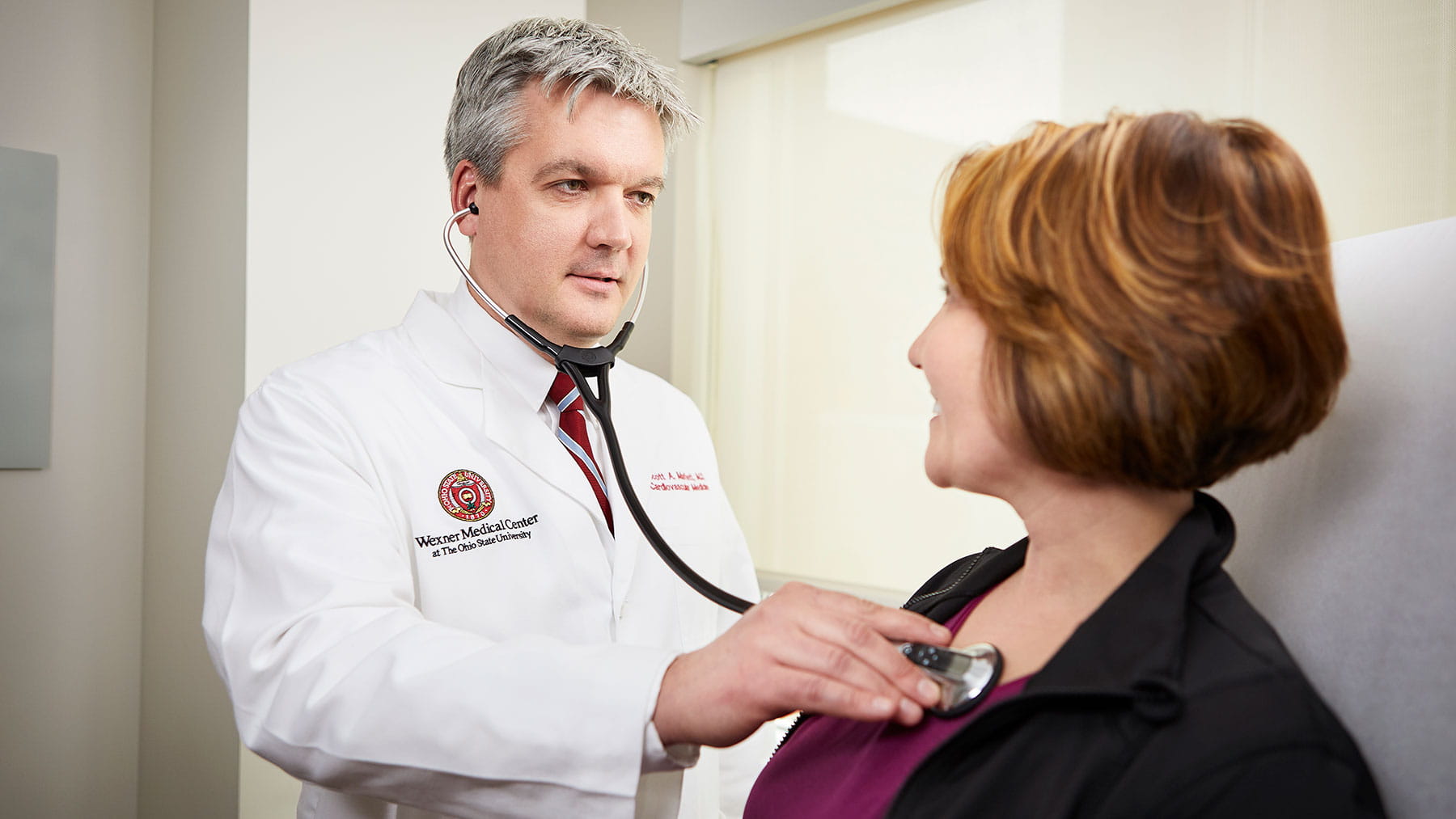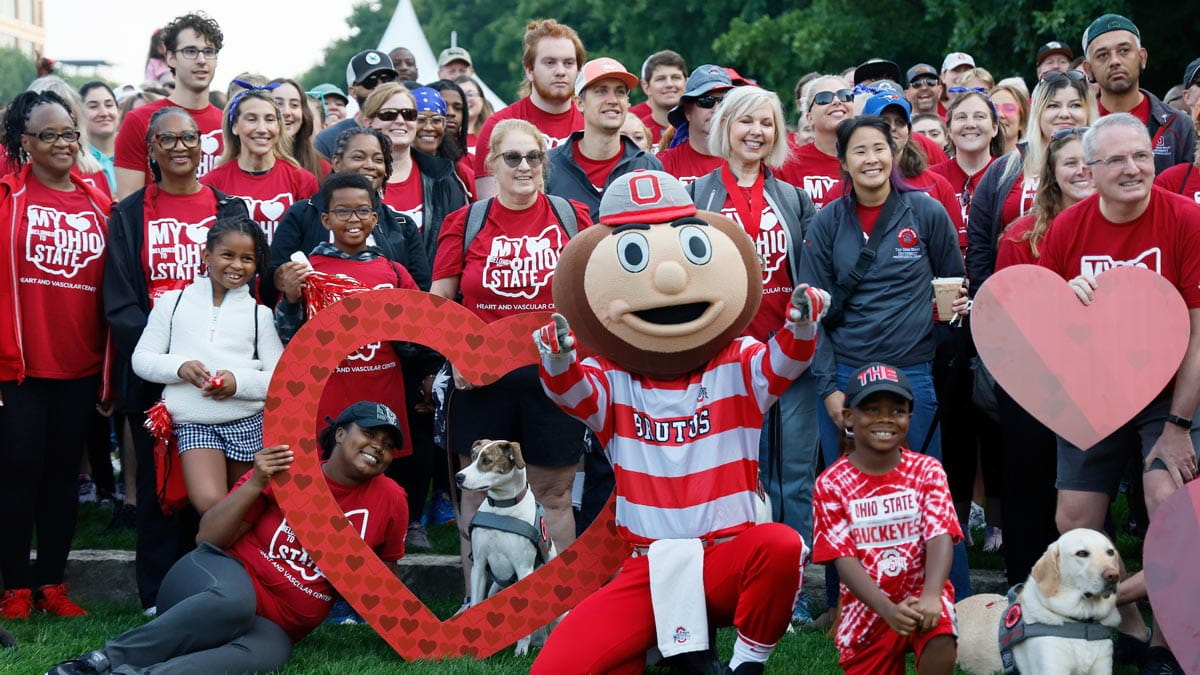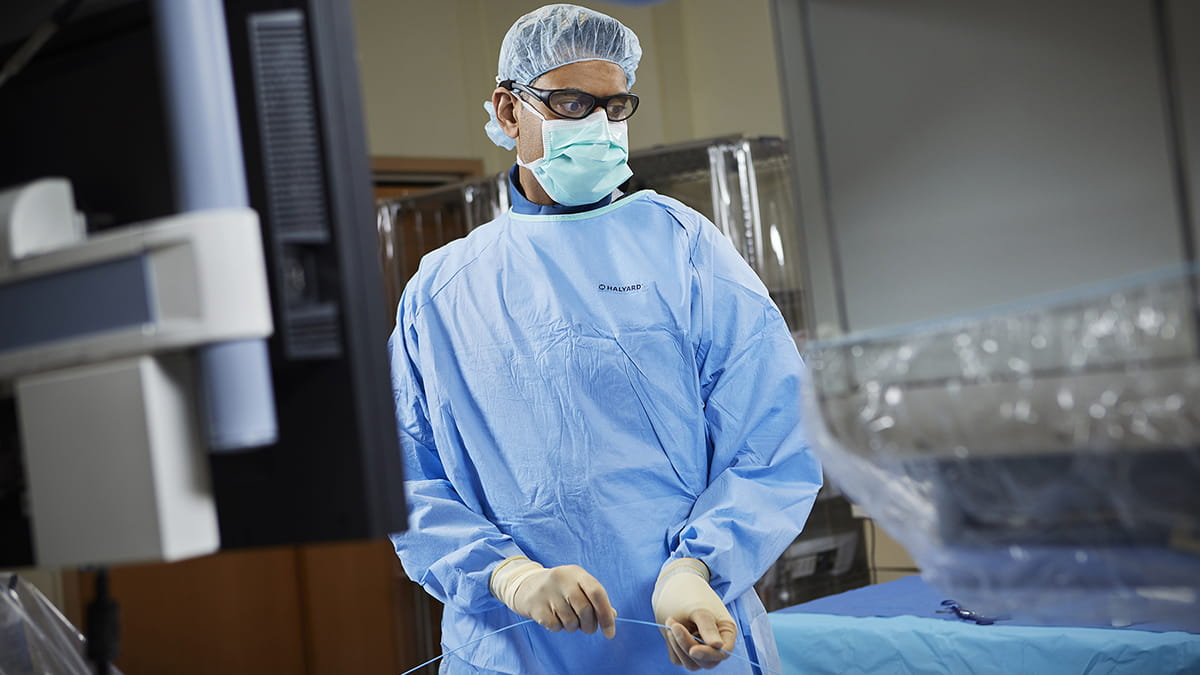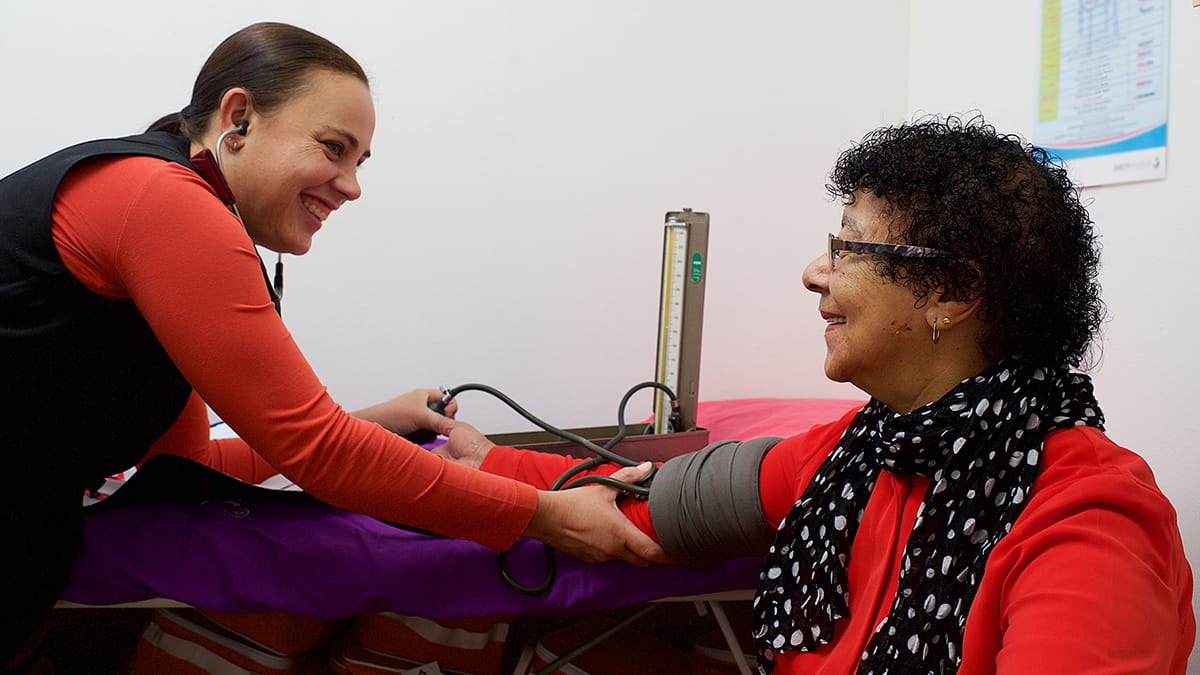Heart disease is the leading cause of death in the United States, so I understand it can be a little nerve-wracking to hear ‘you need to see a cardiologist.’ But making the first appointment is your first step toward preventing or treating problems with your heart, arteries or veins before they get worse. Here are some things to think about for that first visit with a cardiologist.
What should I bring?
Before you step into the office, there are a few things you can do to maximize your time with the heart specialist. Bring a list of, or be prepared to discuss:
- Current medications including dose and frequency.
- Allergies or intolerance to medications.
- Your past health history such as surgeries or major illnesses, especially those within the last year.
- Your previous cardiovascular testing, including results if possible.
- Family health history that includes your children, siblings, parents, grandparents, aunts and uncles. Try to find out whether any of your relatives have heart disease, high blood pressure, diabetes, high cholesterol or aneurysm. Knowing at what age your relative passed away and the cause of death is also important.
- If you’re having symptoms, be prepared to describe them and make note of when they started, how long they last, what seems to bring these symptoms on, and what, if anything, relieves the symptoms.
All of this information can provide clues about your heart health and helps us guide what testing and/or medications may be necessary. It can also help to bring a notepad and a pen for jotting your main questions and taking notes during your visit.
Why am I here?
Understanding why you’re seeing a heart specialist is critical to ensuring a worthwhile visit. You might have symptoms, or received an abnormal test result, or you might have risk factors or a family history of heart disease. Knowing the reason before your first appointment is best, but make sure you’re comfortable with the assessment made by the end of the visit.
Make note of your diagnosis and ask what it means in ‘normal’ terms if you’re not sure. Not understanding your condition greatly affects your active role in your healthcare. Never feel embarrassed to ask questions.
What tests are needed and why?
We have a number of non-invasive and invasive tests we can do to learn more about your condition. Talk with your cardiologist about why he or she recommends the test, what it will tell them and what decisions will be made based on the results.
What medication is needed and what does it do?
Be sure to discuss any new medication that’s prescribed – what it does and any potential side effects. Ask how long you’ll need to take the medication, but don’t be surprised if the answer is ‘long-term.’ Most heart conditions are chronic and require long-term treatment. Make sure you know who to contact if you have a bad reaction and whether the medication requires periodic monitoring.
What can I do to improve my heart health?
Likely, there are lifestyle modifications you can make as part of your treatment plan. Ask about fluid intake, diet and how to become more active. Your doctor might recommend cardiac rehabilitation or a monitored exercise program.
Additionally, controlling other medical problems, such as diabetes, obesity, hypertension, obstructive sleep apnea, high cholesterol, smoking, chronic kidney disease, poor diet and a sedentary lifestyle can often directly impact your heart health.
Are there activities I should avoid?
Most of the time, activity will be important to help boost or maintain your heart health. However, pulse or strenuous activity might be harmful in certain cases. Talk with your cardiologist about what, specifically, is best for you.
Where can I get more information?
Your heart care team can guide you to additional resources to help you understand your heart condition and the recommended treatments. They can help you identify support groups, mobile health apps and trustworthy websites.
Asking questions and learning about your condition and health plan will make you an active partner in your care and can lead to better outcomes. If you have questions or concerns after your visit do not hesitate to contact the office or your provider.
Scott Maffett is a cardiologist with The Ohio State University Wexner Medical Center.





